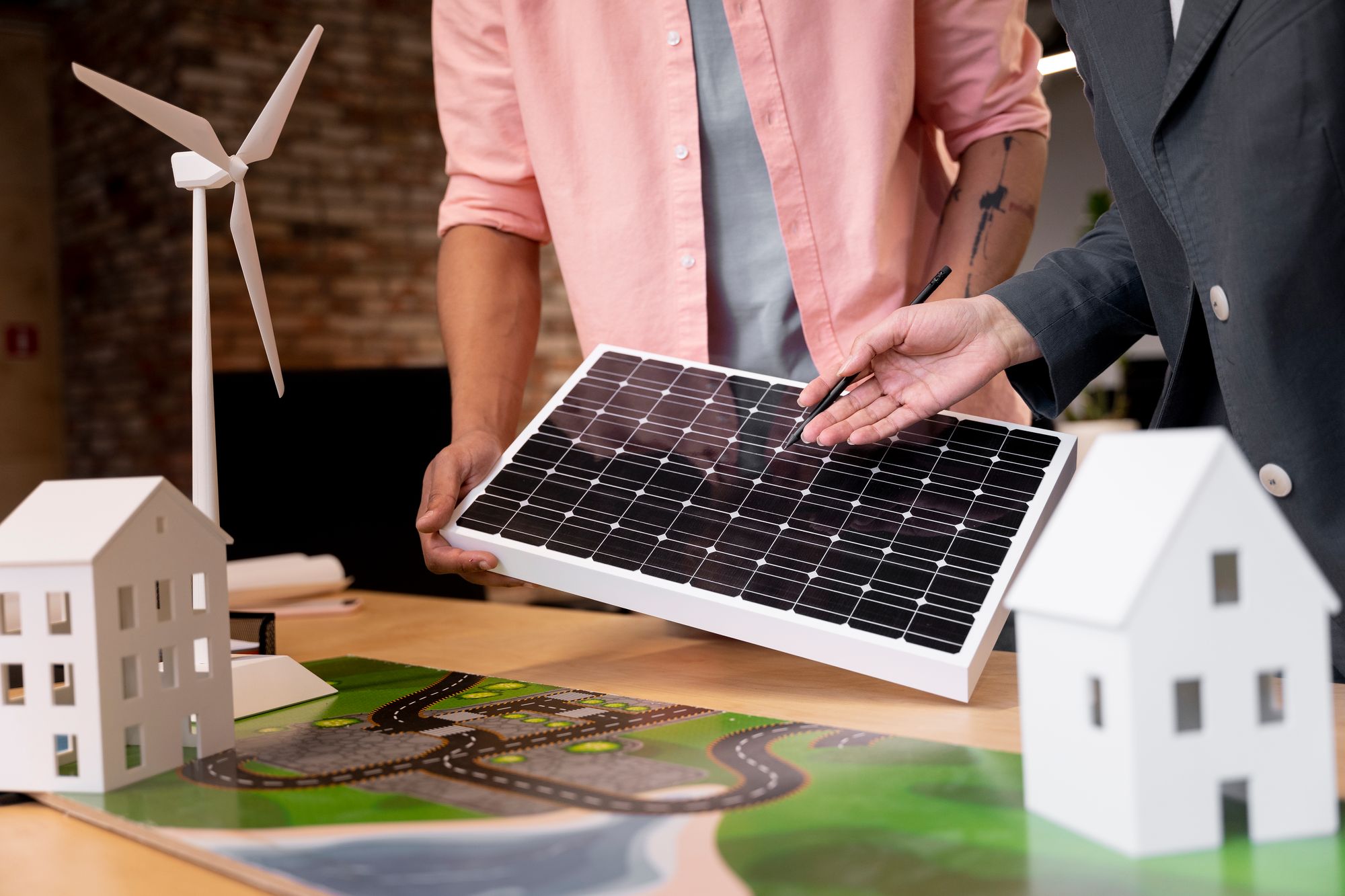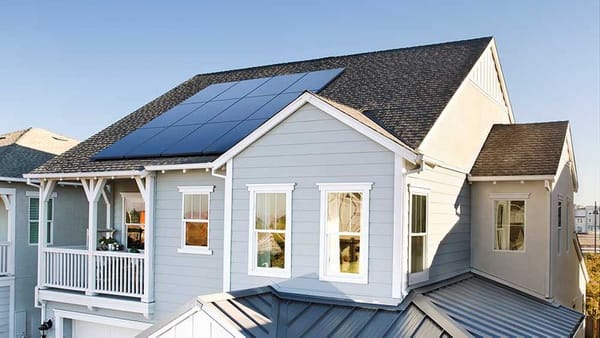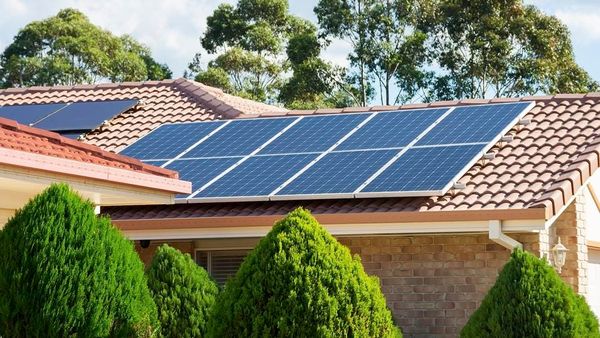Commitment to sustainability reduces the dumping of toxins in the environment. It reduces your carbon footprint and you benefit from a clean, healthier life. Solar energy is one of the solutions that power sustainable homes. It reduces CO2 emissions and mitigates climate change. Compared to fossil fuels, solar power is highly sustainable. It is the widest available natural energy. Sustainable homes offer a wide range of benefits. It lowers the cost of living and improves indoor air quality. Many home buyers are opting for sustainable homes to their benefit.
Key components of sustainable homes
Sustainability is based on four critical pillars. It seeks to minimize waste and improve the quality of life. It focuses on using the environment wisely and using natural resources sparingly. Based on these traits, innovators today are venturing into building eco-friendly homes. They include the following key components in them.
- Green lighting. Adopt the use of solar energy, wind, and geothermal.
- Use of energy-saving appliances to save more energy
- Growing organic gardens to avoid the use of fertilizers
- Adopting eco-friendly furniture and home insulation.
Specifically, solar power provides a variety of solutions to green living. There are different ways to learn about how does solar energy works and its benefits. One of them is through research and writing. You can write quality texts by getting writing help from the EduBirdie research paper platform. A student can approach the topic from different perspectives. They can write about the role played by greenhouses, the advantages of sustainability. They can also write about how does solar panels work in promoting green living.
Benefits of solar energy
Solar power is entirely tapped from the sun and stored for use around homes and organizations. By the end of 2022, 45% of all power generated globally was solar power. An International Energy Agency report shows governments are investing heavily in solar energy. Its benefits in homes and institutions are immense.
Nearly all universities today offer a course on solar power. A student can get a book on the subject online to learn more about solar power. There are also many research papers and essay examples available online. They offer evidence-based research that is highly inspirational. Here are the benefits of solar power.
- It is clean energy. The energy is generated from the sun and is pure
- It does not emit CO2. It is important to understand what is solar energy and how it works. Unlike fossil fuels, it produces no CO2 and other greenhouse gasses.
- It does not promote environmental damage. Production of solar power does not involve drilling the ground. It does require the burning of fossil fuels.
- It is cost-effective. Solar energy does not require a lot of money to generate. After the initial investment, its costs were significantly reduced.
- It is renewable energy. As long as there is sunshine, people can tap solar power at any time.
Energy-efficient best practices and technologies for use in homes
Energy-efficient homes start at the time of design. Homeowners need to use building materials and equipment that promote sustainability. Adopting the best practices and technology for energy efficiency is a huge step forward.
Design homes for energy efficiency
Smart home designs are excellent solutions for energy efficiency. Home designers, builders, and contractors need to pay attention to zero net energy. The building should include insulation, air seals, and air barrier systems. Use heat recovery ventilators and an accurate solar system.
- Make the sun your ultimate energy source. Solar power is free and all that you need is the means to tap it. The solar power system that you build should be highly reliable. Work to reduce your energy costs through solar panels.
- Adopt an energy-efficient cooling and heating system. Healing and cooling systems are great consumers of energy at home. A ductless heat pump is good to achieve energy-zero goals at home.
- Keep lights turned off when not in use and reduce the number of times you wash dishes
- Solar panels are one of the trending technologies for energy efficiency in homes. It eliminates traditional sources of energy. It is an inexhaustible, renewable, and sustainable source of power.
- Programmable thermostats and smart home automation systems help reduce the cost of energy at home.
- Recently, the introduction of LED lights brought down the cost of lighting homes by almost 60%.
Importance of sustainable living
In the 21st century, sustainable living is a critical aspect of human lives. The current generation should not compromise the power of the next generation to live quality lives. This drives the modern generation to take care of the available resources. It should use less energy and reduce the level of waste production and pollution.
For instance, if the current generation continues to use fossil fuels, some species could go extinct soon. The atmosphere will get irreversibly damaged. Many of the earth’s ecosystems will fail to function properly. The entire world will become a horrible place to live in. Many benefits come with sustainable living.
- Building a future for all generations. The current generation is morally obligated to build a healthy future for the next generation.
- Enhancing a healthy habitat for all species. Sustainability helps ensure the environment is clean for all animal and plant species.
- Lowering the carbon footprint. The earth should move towards a zero-carbon footprint.
- Sustainable food sources. Without sustainability, food sources around the world will be significantly affected.
Solar power is one of the energy sources that significantly promote sustainability. When utilized well in homes, it can help people live healthy lives and prepare a healthy future for the next generation. It is cheaper to install solar panels and maintain them for a continuous supply of green energy.
Environmental sustainability focuses on conserving the natural resources available. It requires human effort to protect the earth’s ecosystems to enhance the well-being and health of species. Solar power is one of the main strategies for building a sustainable and energy-efficient future. It is a renewable and easy-to-produce energy source available to everyone globally. More use of solar energy will lead to a greener and healthier future.






